- ATI-501 achieved statistically significant improvement over placebo in several measures of hair growth, including the primary endpoint and certain secondary endpoints of the trial.
- ATI-501 was generally well-tolerated at all doses. No serious adverse events or thromboembolic events were reported during the trial.
- Patient population included moderate to severe Patchy Alopecia, Alopecia Universalis, and Totalis
AUAT-201 Oral, a Phase 2 randomized, double-blinded, parallel-group, placebo-controlled trial, evaluated the safety, efficacy, and dose response of three doses of ATI-501 on the regrowth of hair in 87 subjects with AA, including Patchy Alopecia, Alopecia Totalis, and Alopecia Universalis. Subjects with 30% to 100% total scalp hair loss were randomized in a 1:1:1:1 ratio and received 24 weeks of treatment, twice daily, with either 400 mg, 600 mg or 800 mg of ATI-501 or a placebo oral suspension.
The primary endpoint of the trial was the mean percent change from baseline in the Severity of Alopecia Tool (SALT) score at week 24. Subjects in each of the three ATI-501 active dose groups (400 mg, 600 mg, and 800 mg) had statistically significant improvements compared to placebo for the primary endpoint (p=0.011, p=0.001, and p=0.010, respectively).
Secondary endpoints for which subjects in all three active treatment arms of the trial also achieved statistically significant improvements at 24 weeks compared to placebo included the following:
- Absolute change in SALT scores from baseline: p<0.05 for all three ATI-501 doses;
- Alopecia Density and Extent (ALODEX) percent change from baseline: p<0.05 for all three ATI-501 doses; and
- ALODEX absolute change from baseline: p<0.01 for all three ATI-501 doses
Other exploratory secondary endpoints which were assessed were not statistically significant compared to placebo.
ATI-501 was observed to be generally well-tolerated at all doses. There were no serious adverse events reported. All adverse events (AEs) were mild or moderate in severity and rates of AEs were similar across all groups. No thromboembolic events were observed in the study. The most common AEs across all groups were: nasopharyngitis, influenza, upper respiratory tract infection, urinary tract infection, acne, blood creatine phosphokinase increased, and sinusitis. Two subjects in each of the placebo and 400 mg groups and one subject in the 600 mg group had AEs leading to discontinuation of study drug, with no such AEs in the 800 mg group.
“We are pleased with these results, and we thank the patients and the investigators who participated in this trial,” said Dr.
Company to Host Conference Call
Management will conduct a conference call at
To participate on the live call, please dial (844) 776-7782 (domestic) or (661) 378-9535 (international), and reference conference ID 2069789 prior to the start of the call.
About Alopecia Areata
Alopecia Areata (AA) is an autoimmune dermatologic condition typically characterized by patchy non-scarring hair loss on the scalp and body. More severe forms of AA include total scalp hair loss, known as alopecia totalis, and total hair loss on the scalp and body, known as alopecia universalis. The scalp is the most commonly affected area. Onset of AA may occur in childhood and most patients experience onset by age 40. The course of disease is unpredictable and may involve spontaneous hair regrowth and sudden hair loss. Over half of patients with AA experience poor health-related quality of life. The disease can be associated with serious psychological consequences, including anxiety and depression. AA affects up to 1.8% of people in
About
Aclaris Contact
Senior Vice President
Corporate Strategy/Investor Relations
484-329-2140
mtung@aclaristx.com
Source: Aclaris Therapeutics, Inc.

